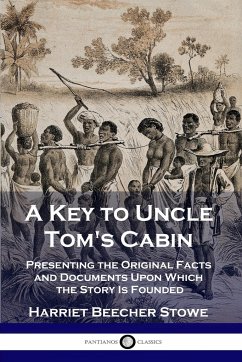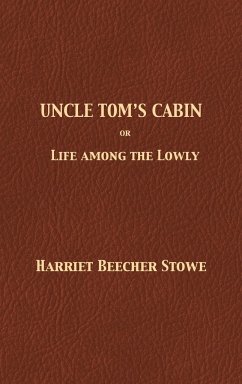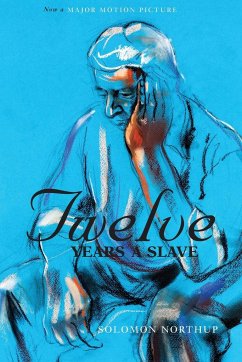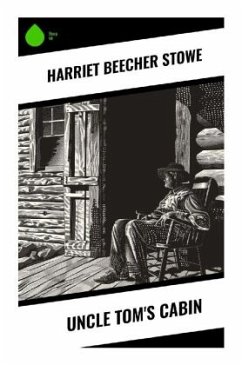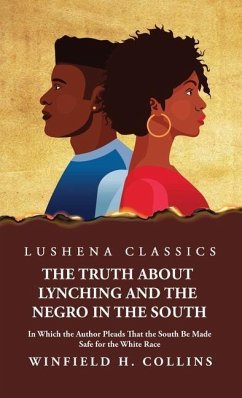
A Key To Uncle Tom'S Cabin; Presenting The Original Facts And Documents Upon Which The Story Is Founded. Together With Corroborative Statements Verifying The Truth Of The Work
Versandkostenfrei!
Versandfertig in 1-2 Wochen
32,99 €
inkl. MwSt.

PAYBACK Punkte
16 °P sammeln!
A Key To Uncle Tom'S Cabin; Presenting The Original Facts And Documents Upon Which The Story Is Founded. Together With Corroborative Statements Verifying The Truth Of The Work has been considered by academicians and scholars of great significance and value to literature. This forms a part of the knowledge base for future generations. So that the book is never forgotten we have represented this book in a print format as the same form as it was originally first published. Hence any marks or annotations seen are left intentionally to preserve its true nature.



